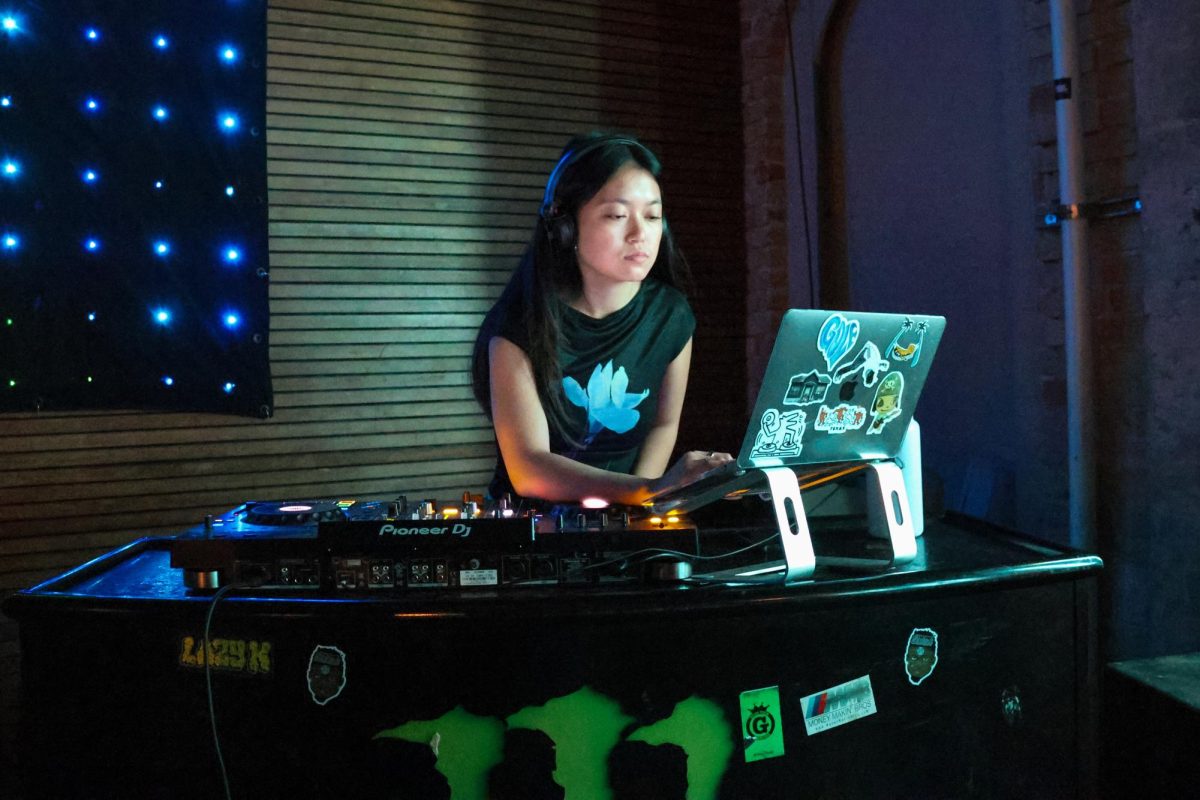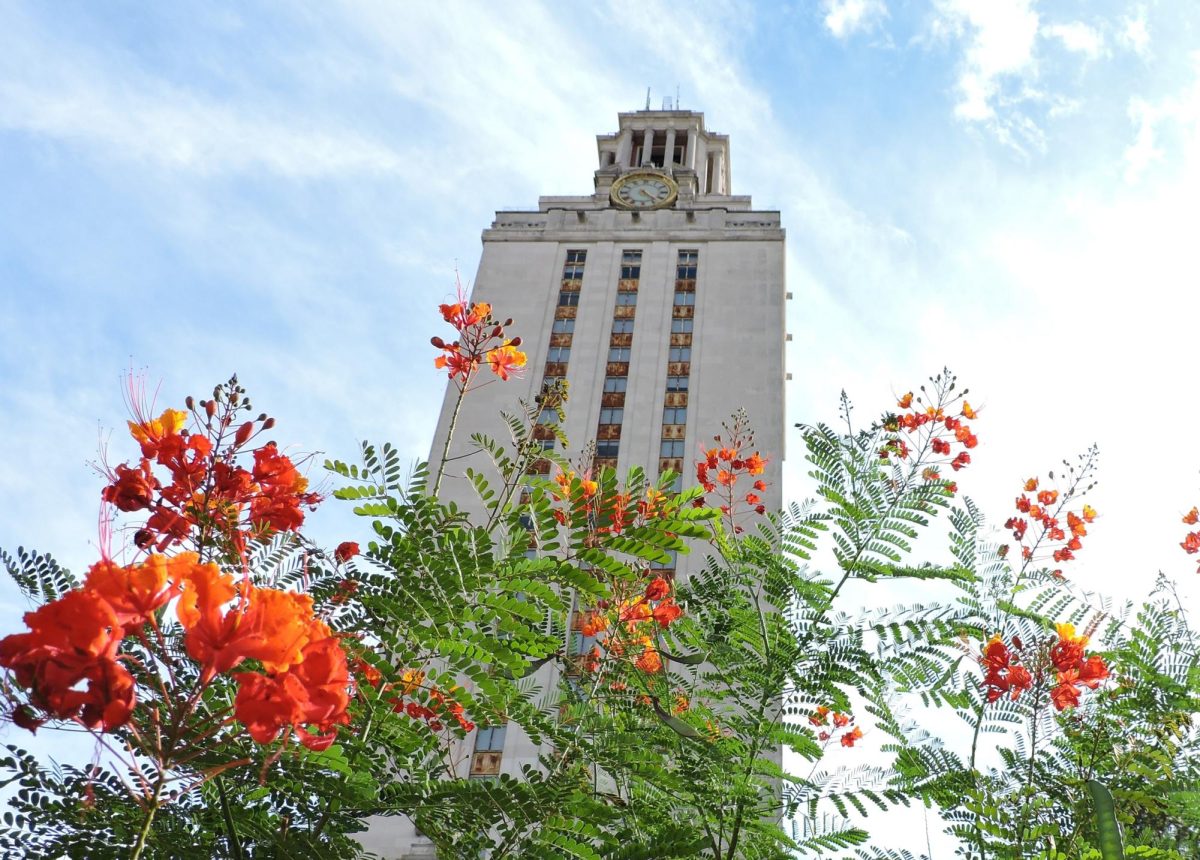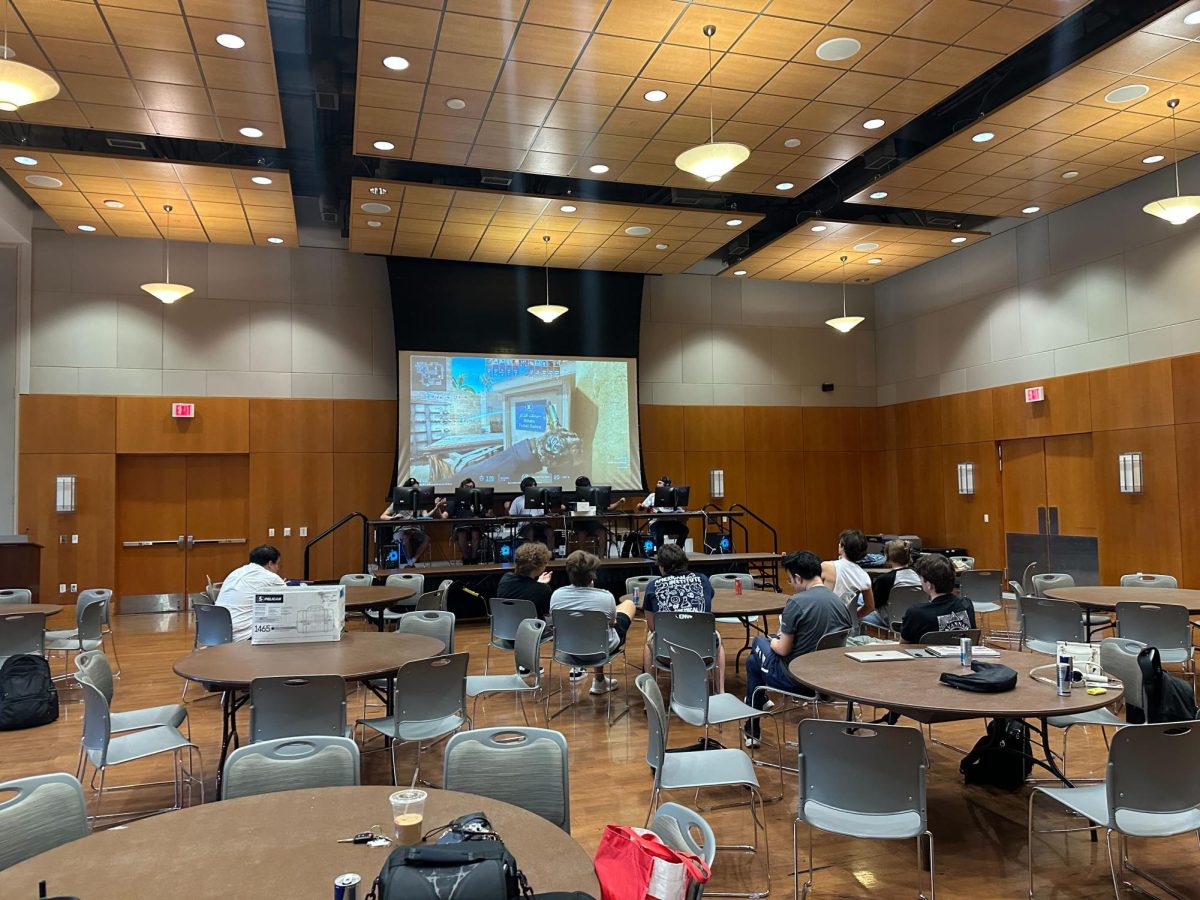Regardless of whether you’re a social media pacifist or if you’re Twitter famous, it’s hard to escape the hordes of social media platforms. Feelings of jealousy and constant comparison inevitably come out of comparing yourself to other people’s carefully crafted Instagram facades.
In an attempt to find a solution to these 21st century problems, experts suggest social media cleansing as a solution for those that feel like they can’t resist.
Angeline Scheinbaum, associate professor in advertising and public relations, said some of her students have expressed concern with their social media intakes to the point of addiction.
“Students were talking about how some of them don’t want social media accounts on certain platforms,” Scheinbaum said. “But they feel like they have to have it because of society or for class updates, or in order to get invites to certain things, specifically the Facebook updates.”
Scheinbaum said social media is addictive because it subconsciously triggers dopamine spikes in the brain, which give the user an instant sense of satisfaction and relief. This, Scheinbaum argued, can be addictive if “you’re constantly turning to social media for affirmation.”
FOMO, or the fear of missing out, is another major contributor to social media use. Undeclared freshman Holland Jones has no forms of social media and said that while she enjoys being social media free, it can have its shortcomings.
“I have FOMO all the time,” Jones said. “My friend group has a group Snapchat, and obviously I’m not in it, and sometimes they’ll forget (that I don’t have Snapchat) so I’ll accidentally get left out of plans.”
On the opposite end of the spectrum, Ann Mark, a communication and leadership freshman, went viral in late 2017 for a Twitter video about the perils of finals and, in particular, “blue books.” Mark said she uses social media now more than ever. Mark considered her social media use to be very positive, since she has enjoyed the increased interaction her Twitter fame has brought her and the fact that it helped her to land an internship position because of it. However, she admitted that she spends a lot of time online.
“A negative outcome (of going viral) may be that I am kind of consumed by Twitter, since now I’m on it all the time,” Mark said. “I guess it just depends whether you see that as a good or bad thing.”
The verdict? Scheinbaum said users don’t necessarily need to forfeit all social media in order to relieve some of the problems that accompany social media overuse.
The solution, she suggested, is simply to take a cleanse. Cleansing from social media, according to SELF, may help reduce anxiety levels, encourage more personal interaction, and even possibly help you sleep better.
“Let’s not forget we’re human beings and we need social connection,” Scheinbaum said. “Even if you’re an introvert you still need other people. Even if people want to quit
social media — it’s hard.”












